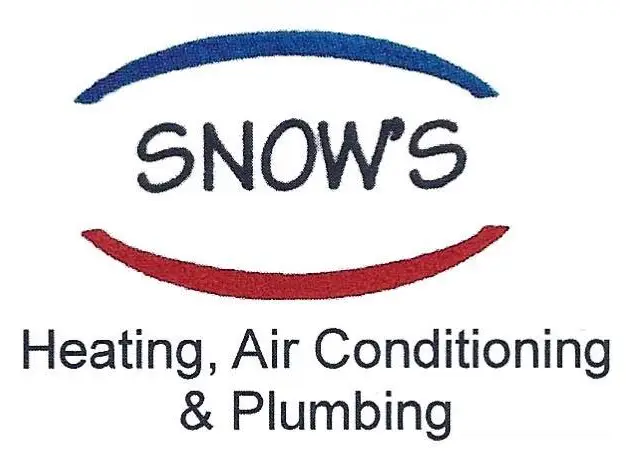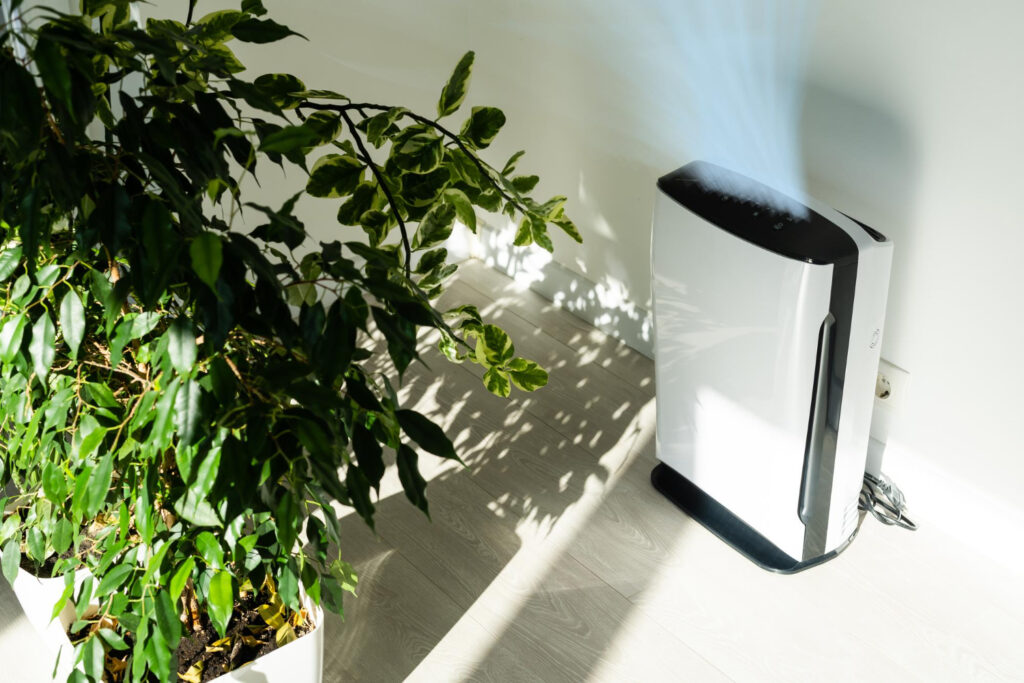Maintaining your HVAC system is crucial for ensuring a healthy living environment. One essential aspect of HVAC maintenance is regular air filtration replacement. Air filters play a vital role in trapping dust, pollen, pet dander, and other contaminants that can affect air quality. When air filters are clogged or dirty, they can’t perform efficiently, leading to poor air quality and strain on your HVAC system.
Why Air Filtration Replacement Is Important for Your Home
Air filtration replacement is crucial for maintaining good indoor air quality. Over time, air filters collect dust, pollen, pet dander, and other contaminants. If left unchanged, these clogged filters can no longer trap new particles effectively. This leads to poorer air quality, which can affect the health of everyone in the home, especially those with respiratory issues.
Replacing air filters regularly also ensures the efficient operation of your HVAC system. Dirty filters force the system to work harder to circulate air, leading to increased energy use and higher utility bills. Clean filters allow for better airflow, reducing the strain on the system and ensuring that it operates more efficiently and lasts longer.
Regular air filtration replacement also helps in preventing more severe problems like mold growth. Mold can form in the air ducts if there’s restricted airflow and excess moisture. This not only affects the system’s performance but can also pose serious health risks. By keeping air filters clean, you mitigate these risks and contribute to a safer and more comfortable home environment.
Signs Your Air Filter Needs to Be Replaced
Recognizing the signs that your air filter needs to be replaced can help you maintain a healthy and efficient HVAC system. Here are some key indicators:
1. Visible Dirt and Dust: If you notice dust accumulating on the surface of the filter, it’s a sign that it needs to be replaced. A clean filter should appear white or off-white, while a dirty filter will be gray or brown, indicating it’s clogged with dust and debris.
2. Increased Allergy Symptoms: If you or your family members experience more frequent or severe allergies, it may be due to a dirty air filter. A clogged filter can’t trap allergens effectively, leading to poor indoor air quality.
3. Unpleasant Odors: A dirty air filter can cause unpleasant smells to circulate throughout your home. If you notice musty or stale odors when your HVAC system is running, it’s likely time for a replacement.
4. Higher Energy Bills: If your energy bills have increased without a corresponding rise in usage, a clogged air filter may be the culprit. A dirty filter makes your HVAC system work harder, leading to higher energy consumption.
5. Reduced Airflow: If some rooms in your home are not getting adequate airflow or if the airflow from your vents seems weaker than usual, a dirty air filter might be blocking the air passage.
These signs are clear indicators that it’s time to replace your air filter to ensure your HVAC system operates efficiently and your indoor air quality remains high.
How Often Should You Replace Your Air Filter?
Knowing how often to replace your air filter is key to maintaining your HVAC system. Generally, the frequency of air filter replacement depends on several factors, including the type of filter, the environment, and household characteristics.
1. Type of Filter: Some filters are designed to last longer than others. Basic fiberglass filters are usually replaced every 30 days, while higher-end pleated filters can last up to 90 days. HEPA filters, often used in homes with allergy sufferers, may last between six to twelve months.
2. Environment: If you live in an area with high levels of dust or pollution, more frequent replacements may be necessary. Homes near construction sites or in busy urban areas may require more frequent filter changes to maintain good air quality.
3. Household Factors: The presence of pets, the number of occupants, and activities such as cooking and smoking can affect how often you should replace your air filter. Homes with pets may need filter replacements every 30 to 60 days, while homes without pets might stretch to 90 days. If a household member has allergies or respiratory conditions, more frequent replacement is advisable.
By taking these factors into consideration, you can determine the optimal schedule for air filter replacement, ensuring your HVAC system operates efficiently and your indoor air quality remains high.
Choosing the Right Air Filter for Your HVAC System
Selecting the right air filter is crucial for maintaining the efficiency and air quality of your HVAC system. Here are some factors to consider when choosing an air filter:
1. MERV Rating: The Minimum Efficiency Reporting Value (MERV) rating indicates the filter’s efficiency in trapping particles. A higher MERV rating means better filtration but may also restrict airflow if your system isn’t designed for it. Residential systems typically use filters with MERV ratings between 6 and 12.
2. Filter Type: There are several types of air filters, each with its advantages:
- Fiberglass Filters: Inexpensive and disposable, they provide basic filtration but need frequent replacement.
- Pleated Filters: Made of polyester or cotton paper, these filters offer better filtration and last longer than fiberglass filters.
- HEPA Filters: High-Efficiency Particulate Air (HEPA) filters are excellent for removing very small particles and are ideal for people with allergies or respiratory issues.
- Washable Filters: These are cost-effective in the long run but require regular maintenance.
3. System Compatibility: Not all filters are compatible with every HVAC system. Always check the manufacturer’s guidelines to ensure you choose a filter that fits your system without restricting airflow.
By selecting the right air filter, you can enhance your HVAC system’s performance and improve the air quality in your home. If you’re unsure about which filter to choose, our professionals can help you make an informed decision.
Final Thoughts: Benefits of Timely Air Filter ReplacementConclusion
Maintaining clean air filters is essential for preserving the health and efficiency of your HVAC system. Regular air filtration replacement helps to ensure good indoor air quality, reduces energy consumption, and extends the lifespan of your HVAC system. Recognizing the signs that indicate it’s time for a replacement and understanding how often you should replace your filters will keep your home comfortable and safe.
At Snow’s Heating & Air Conditioning, we provide expert advice and services for needs regarding air filtration replacement in Ferron, UT, as well as air duct cleaning and other HVAC. Our professionals are here to help you maintain a clean and efficient system. Contact us today to schedule a service and ensure your home remains healthy and comfortable.


